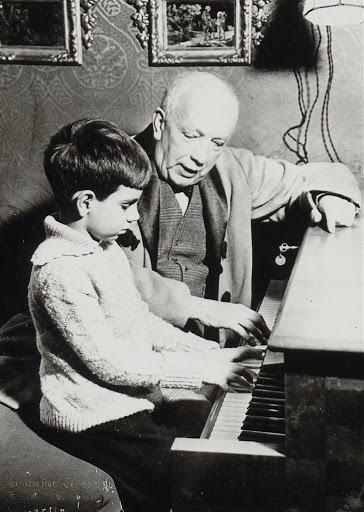LA Phil aims to sell 3 nights of Boulez
OrchestrasNext year markss the centenary of the ultra-modernist’s birth and E-P Salonen is putting on a show in LA,
Here’s the prog:
Thursday, May 8, at 8:00 PM
Saturday, May 10, at 8:00 PM
Sunday, May 11, at 2:00 PM
Los Angeles Philharmonic
Esa-Pekka Salonen, conductor
Pierre-Laurent Aimard, piano
L.A. Dance Project
Benjamin Millepied, choreographer
BOULEZ Notations IV, for solo piano
Notations IV, for orchestra
Notations VII, for solo piano
Notations VII, for orchestra
Notations II, for solo piano
Notations II, for orchestra
BARTÓK Piano Concerto No. 3 in E Major
Intermission
DEBUSSY La mer
BOULEZ Rituel (with L.A. Dance Project)
Salonen says, ‘It can be complex without ever losing its clarity, it can be aggressive or delicate, hypnotic or kaleidoscopically flickering, ritualistic or virtuosic. But most importantly, it is often hauntingly beautiful.’






Comments